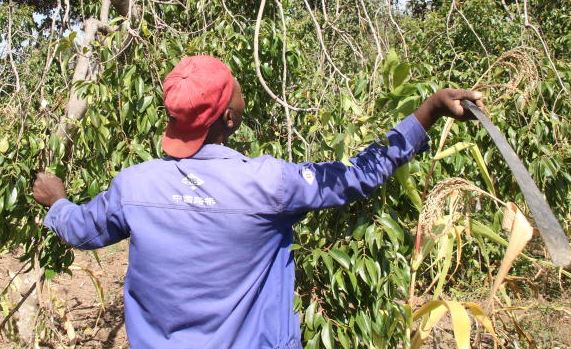×
The Standard e-Paper
Kenya’s Boldest Voice

A technical committee has come up with a code of practice to govern the miraa industry.
The Mugambi Michubu-chaired committee under the Kenya Bureau of Standards (Kebs) includes miraa farmers, transporters, consumers and traders.